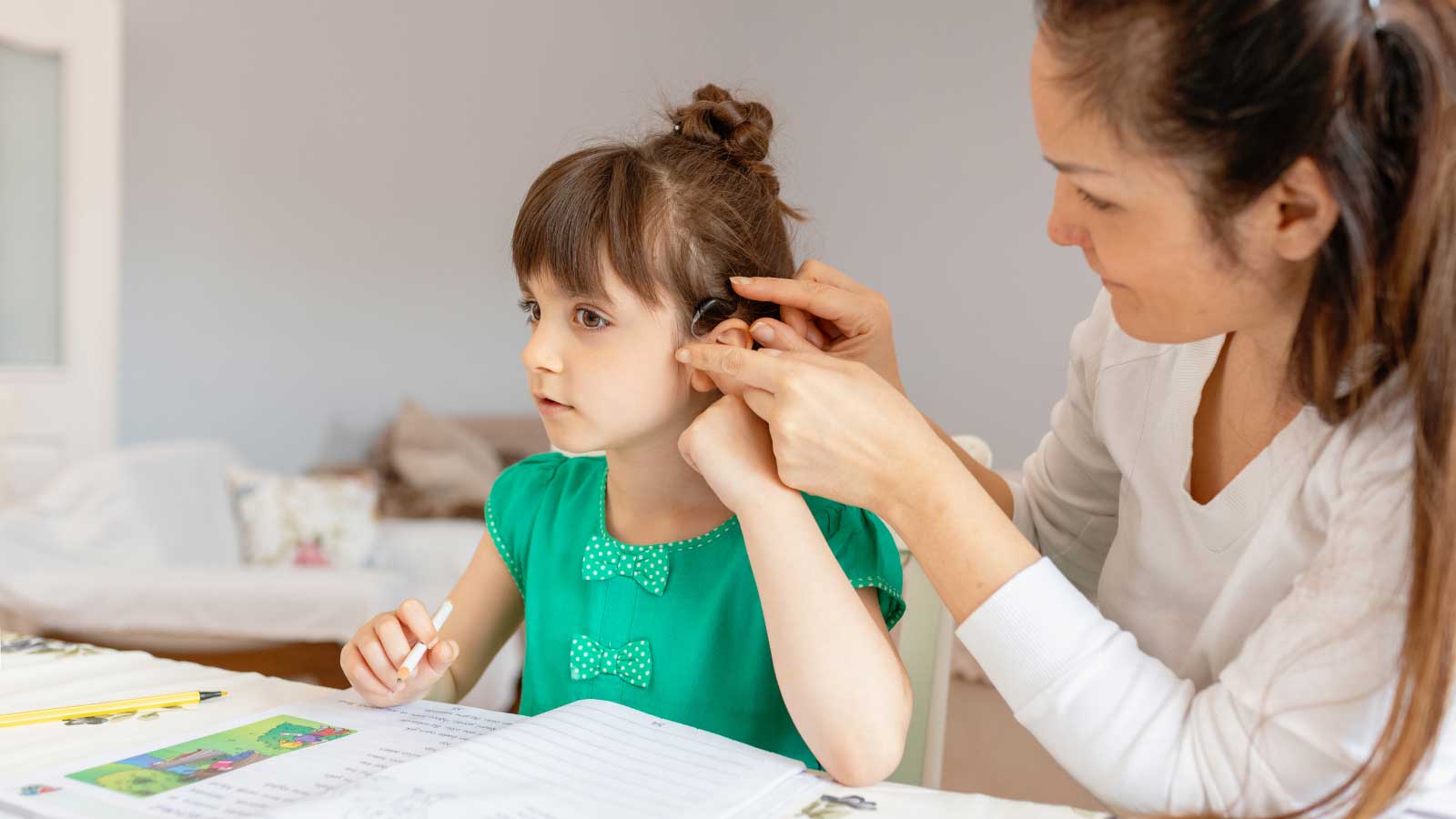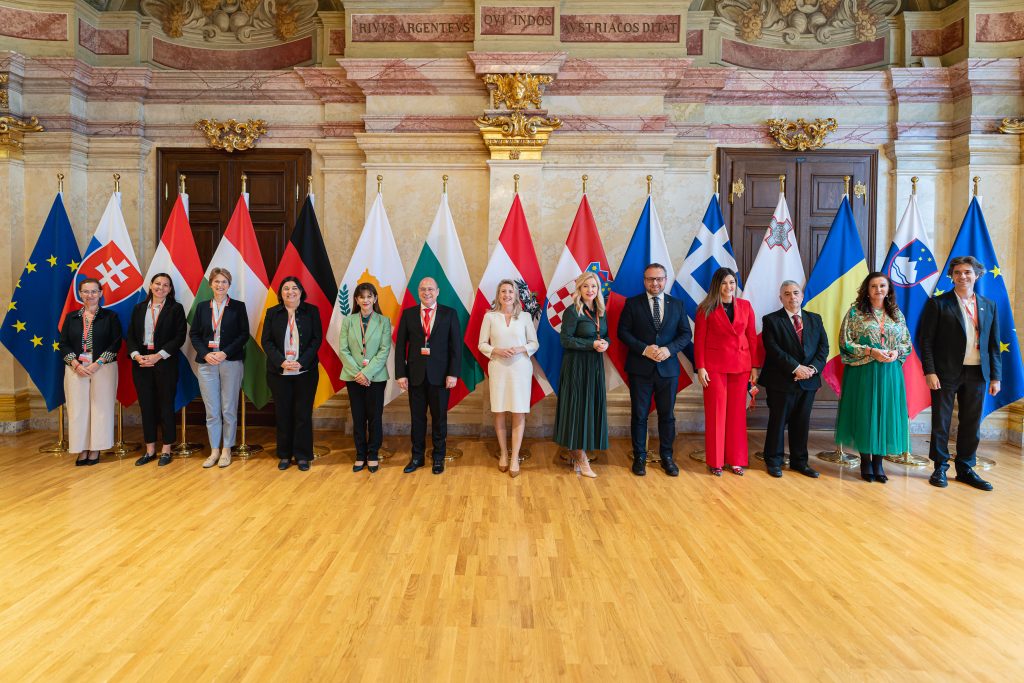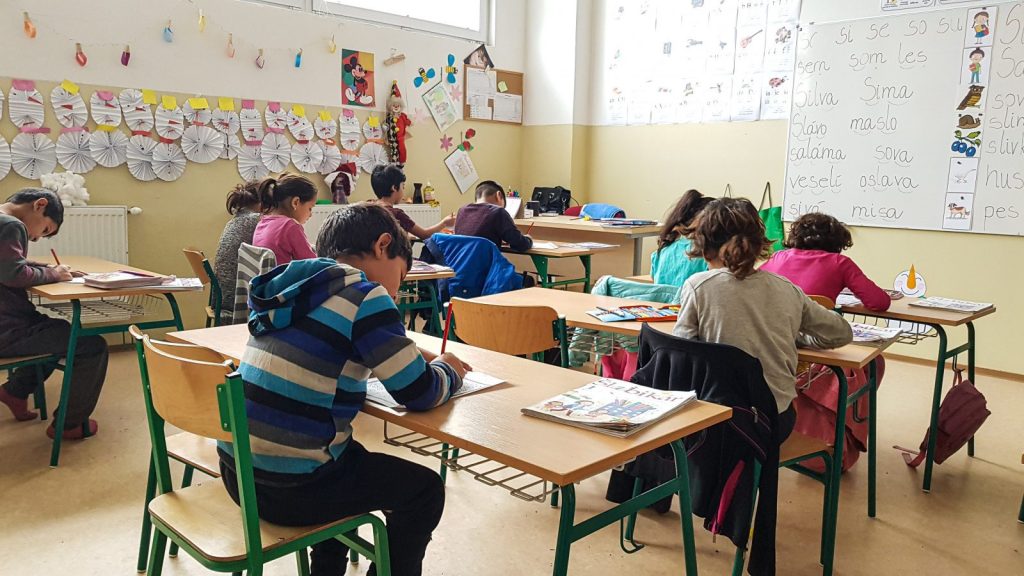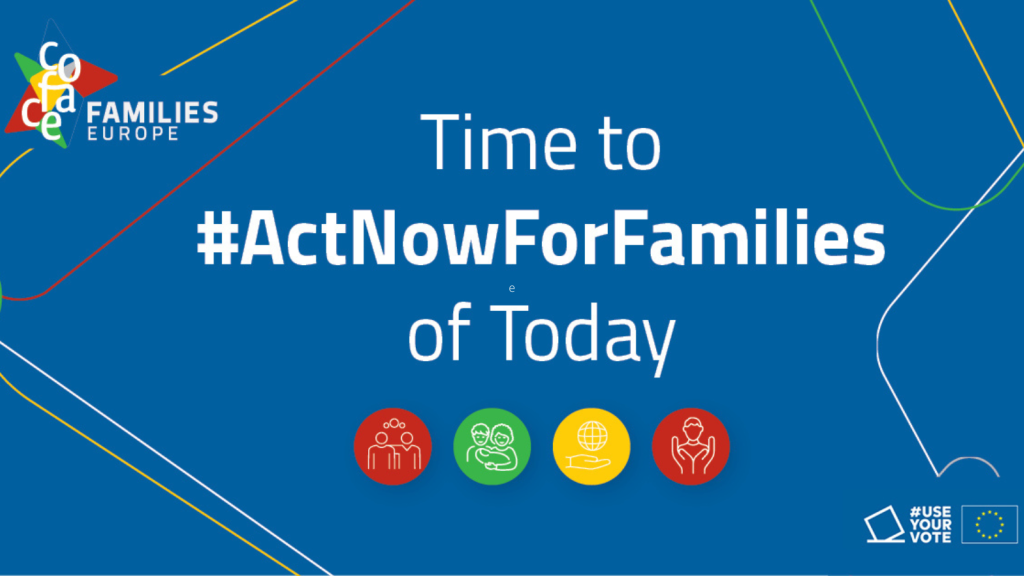In the absence of international mobilisation on the subject, France created its national family carers’ day in 2010, at the initiative of the Ministry of Social Affairs and Health.
Every year since then, on October 6, numerous French organisations launch awareness-raising campaigns to put a necessary spotlight on the many challenges faced by family carers who provide daily support to people around them for health or disability reasons
Read more below about the work and campaign of COFACE French members during the National Family Carers Day in 2021.
APF – Carers & disability: findings, analysis, proposals and solutions
With the National Carers’ Day and the dedicated dossier published by APF France Handicap aims to highlight the daily lives of the 11 million family carers in France. Between accompanying the person being cared for, care and administrative tasks, their already busy days have been disrupted by the health crisis: if the confinement has been particularly difficult for people with disabilities, it has also been difficult for carers who have found themselves without a solution to accompany their loved one and have been overwhelmed by the number of care activities.
The consequences: increased isolation and an impact on their physical and mental health. Young carers have not been spared and have suffered, like adults, from stress and overwork. However, these young carers, who represent 500,000 people in France, are still not visible enough and too often forgotten.
For years, APF has been demanding that public policies fully take into account the needs of carers and act for the recognition of their role, so that family solidarity does not replace national solidarity, but also for the free choice to help and to be helped.
These demands are accompanied by a series of proposals, formulated in their report “Carers, family carers & disability: findings, analyses, proposals, and solutions”.
In parallel, APF is increasing the number of local and national initiatives dedicated to family carers. Training and awareness-raising sessions with Repairs Aidants, a discussion group in Charente-Maritime, art therapy and socio-aesthetics afternoons in Corrèze, adapted holiday stays with APF Evasion France handicap to support and offer time off solutions to family caregivers.
Read full report in French here
UNAPEI – An urgent call for Family carers to have #TheRightToBeJustParent
At the beginning of October 2021, several associations in the medico-social sector – including Unapei – are having to manage the unmanageable in the face of mass resignations and a shortage of professionals. This unprecedented situation is drastically increasing the difficulties of supporting people with intellectual disabilities, autism, multiple disabilities and intellectual disabilities. The glaring lack of medical and social professionals and home help directly impacts the daily life of family carers who have to make up for the lack of support.
Because the lack of support continues and is worsening in France, particularly since the signing of the Ségur de la Santé, Unapei took advantage of the National Day of Family Carers to point out that the quality of life of carers depends directly on personalised, adapted, coordinated and quality support for their relative with an intellectual and cognitive disability. Without professionals, the entire medical and social support system is undermined.
Family carers are collateral victims of the shortage of medical and social professionals.
The #TheRightToBeJustParent campaign launched by UNAPEI in 2020 is, therefore, more relevant than ever. It reminds us that carers are not just parents. They have many tasks and responsibilities, and all too often experience a real obstacle course at every stage of their lives in order to assert their rights: going to school, taking part in a sporting activity, finding a job, living at home with the necessary support.
Read UNAPEI’s full Press Release in French here.
—————————————————————-
Photo: ©Phynart Studio via Canva.com





